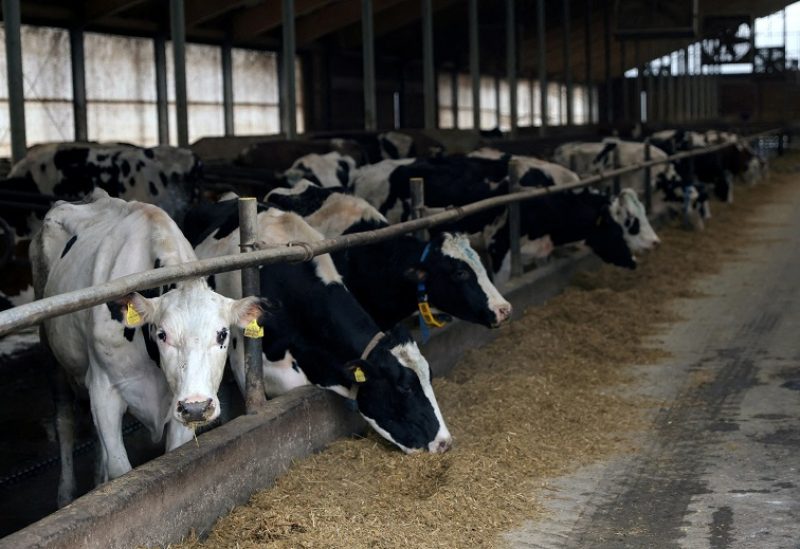
FILE PHOTO: Cows are seen on Spreca farm in Kalesija, Bosnia and Herzegovina, January 19, 2023. REUTERS/Dado Ruvic/File Photo
Following the confirmation of a case of mad cow disease in the northern state of Para, Brazil has temporarily halted its beef exports to China. This move will have a massive impact on Brazil’s beef exports as China is the main destination for its meat. The Brazilian agriculture and livestock ministry have assured that all necessary measures are being taken to investigate the matter and ensure the quality of Brazilian meat for both domestic and global consumers.
Mad cow disease, also known as bovine spongiform encephalopathy (BSE), is a transmissible, slowly progressive, degenerative, and fatal disease that affects the central nervous system of adult cattle. The infectious agent that causes mad cow disease is an abnormal version of a protein found on cell surfaces, known as a prion. The altered protein destroys the nervous system tissue, including the brain and spinal cord, and the exact reason for this remains unknown.
Brazil sounds warning bells
In response to the suspected case of mad cow disease in Para, Brazil has taken immediate steps to prevent any further spread of the disease. The animal was on a property with 160 head of cattle, and the site has been inspected and preventively interdicted. Samples from the animal have been sent to the World Organization for Animal Health lab in Canada to determine whether it was the classic form of the disease or its “atypical” version.
Can Mad Cow disease disseminate to humans?
The Brazilian government has stated that the symptomatology of the suspected case indicates that it is the atypical form of the disease, which appears spontaneously in nature and does not pose a risk of dissemination to the herd or to humans. Despite this, the temporary suspension of beef exports to China is a necessary precautionary measure to ensure the safety and quality of Brazilian beef.